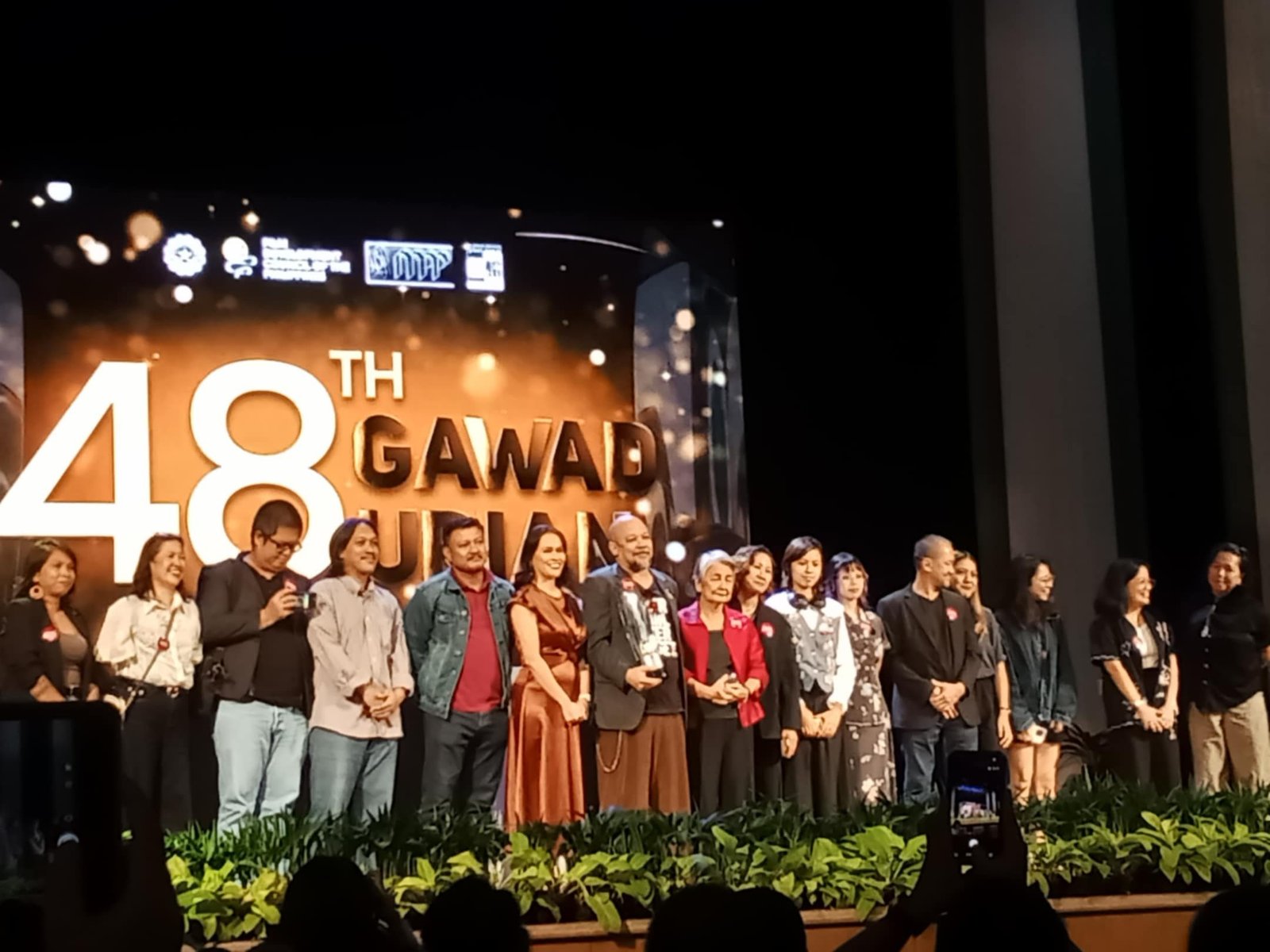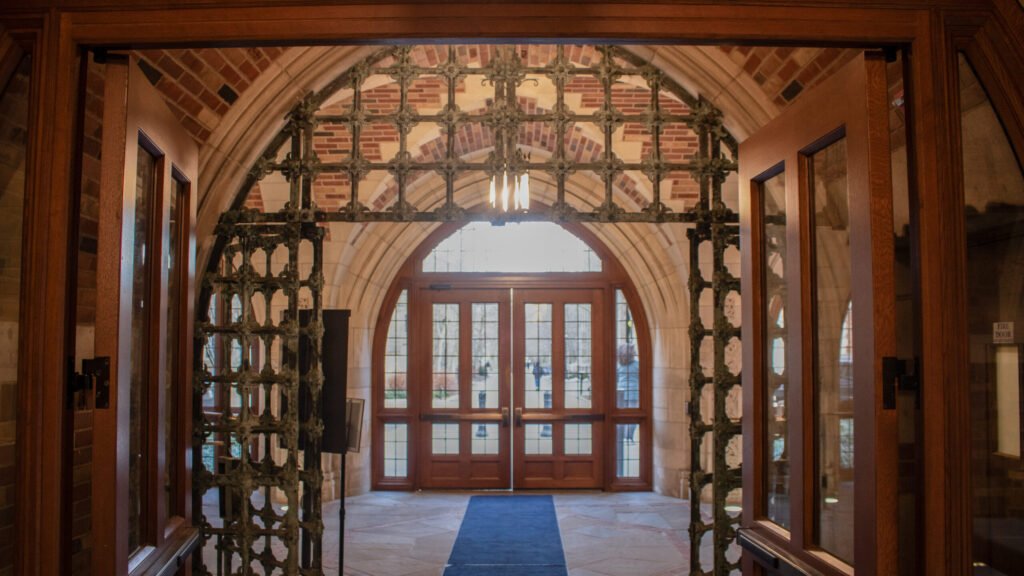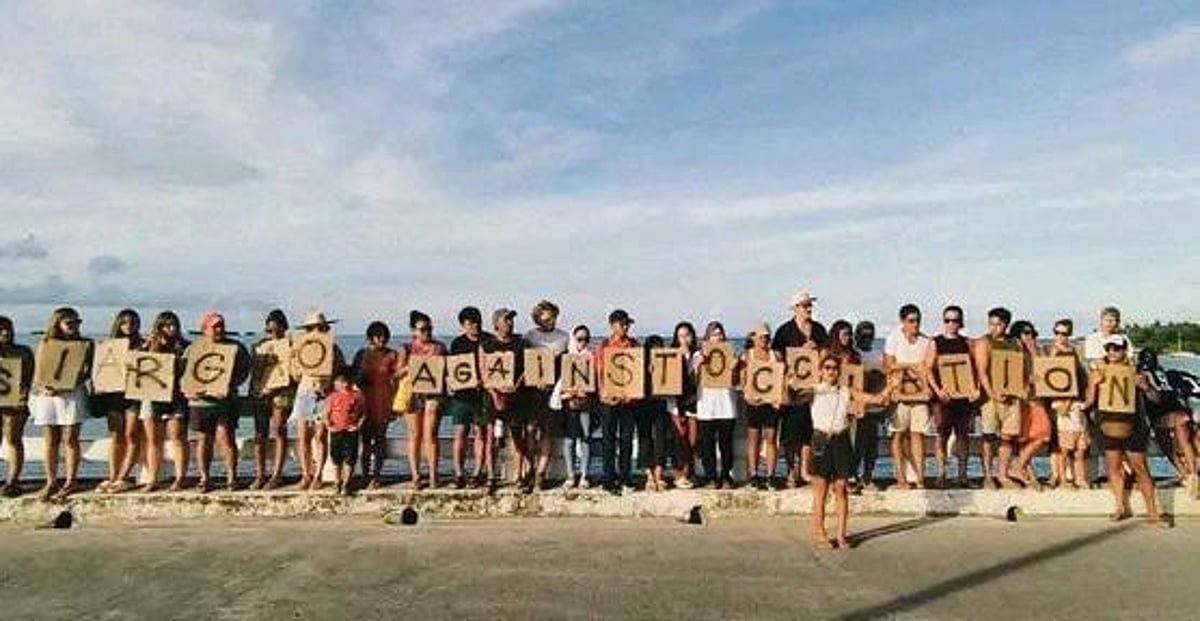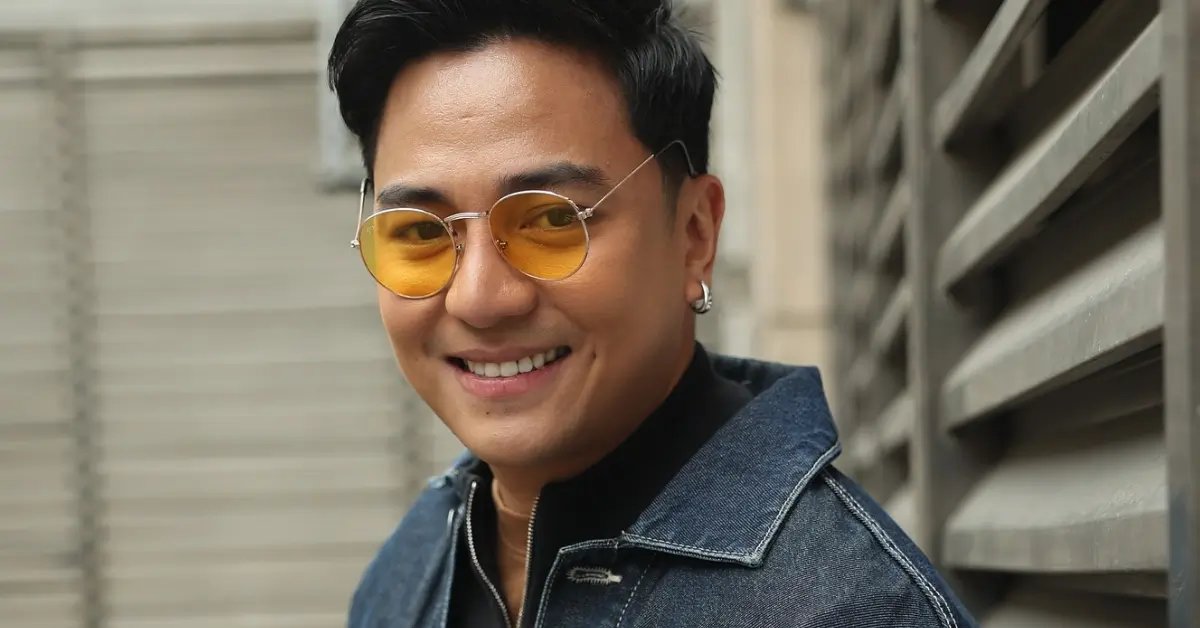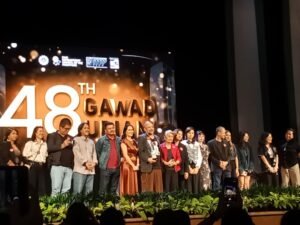After over a year of student advocacy, Yale started offering two courses for the Filipino language this fall.
Jaeha Jang & Abdel Abdu
Staff Reporter & Contributing Reporter
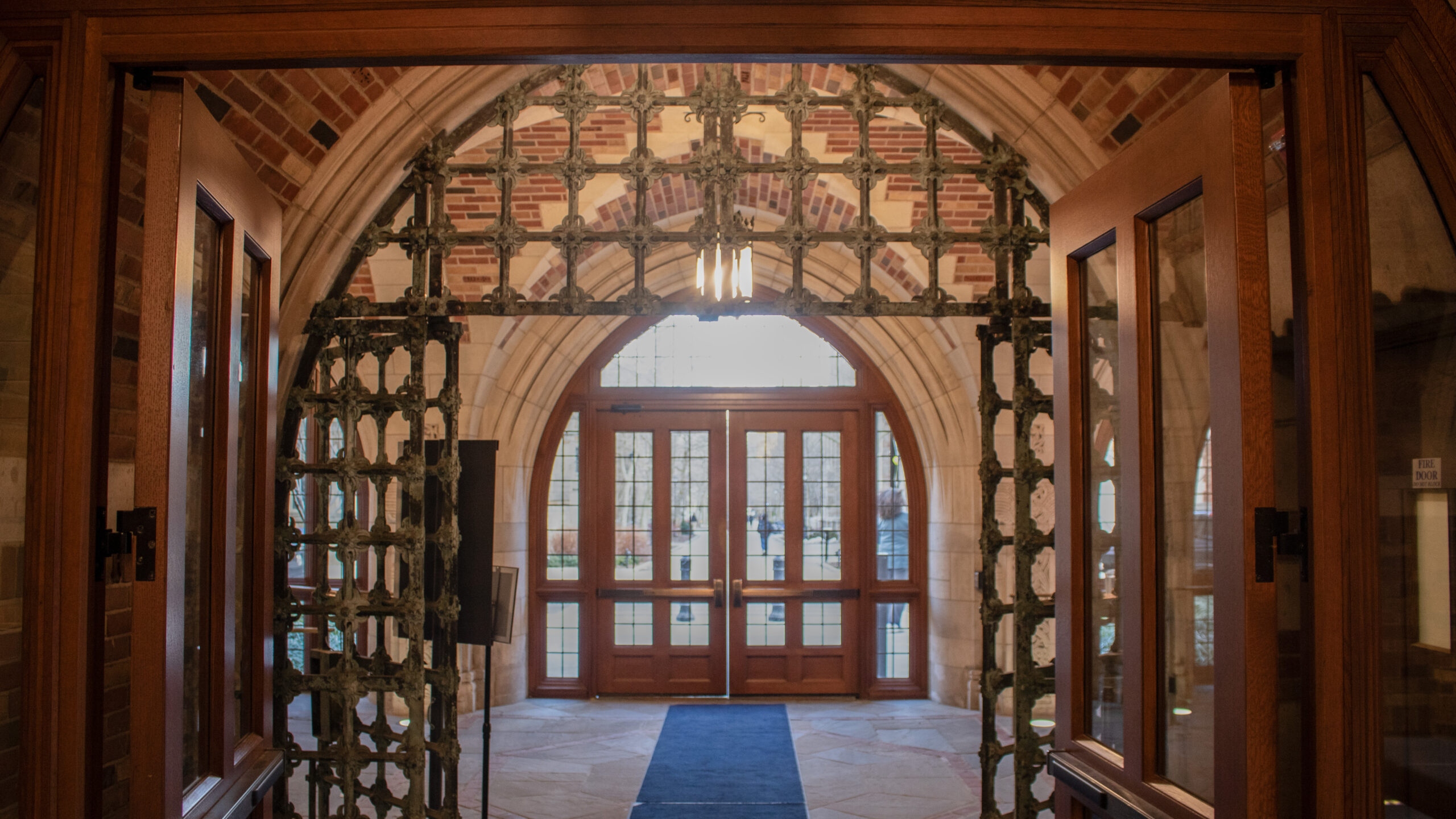
Baala Shakya, Photography Editor
Yale is offering its first Filipino language courses — “Elementary Filipino I” and “Intermediate Filipino I” — this fall.
The two courses arrive after years of student advocacy spearheaded by Tagalog@Yale, an initiative within Yale’s Filipino student group Kasama. Five enrolled students told the News that the courses have already deepened their sense of Filipino identity, and they expressed hope that additional classes will be offered in the future.
“It has been very fulfilling to finally take on detailed study of a language I have grown up hearing my family speak but never got to fully learn,” Janina Gbenoba ’27, a student in the Level 1 course “Elementary Filipino I,” wrote in an email to the News.
The push for Filipino language courses included a petition that garnered over 380 signatures, an open letter to the University administration joined by the Yale College Council Senate and meetings with the Center for Language Studies and the Council on Southeast Asia Studies.
Other students echoed Gbenoba’s enthusiasm for learning the language, which has its roots in Tagalog — one of over 180 languages spoken in the Philippines and the fourth most-spoken language at homes in the United States, according to Census Bureau data from 2017 to 2021.
The Filipino program is headed by the newly hired lector Louward Allen Zubiri, a linguist whose specialization includes the loss and revitalization of endangered languages across generations.
Celene Bennett ’26, one of 18 students in the L1 course, wrote in an email to the News that she feels proud to come to class every morning to learn her familial language, especially after working with Kasama to advocate for the language courses during her sophomore and junior years.
According to Bennett, while she has not previously taken a Monday-through-Friday class or an introductory language course, her Filipino class has been “a beautiful reminder of how meaningful a classroom can be.” After class, she often calls her grandparents, her aunt, her sister or her best friend from home.
“I try my hardest to take what I learn in the classroom and share it with the other Filipinos in my life,” Bennett wrote.
Ava Estacio-Touhey ’26, who is in the L1 course, agreed that taking the course helps her connect with her heritage.
As a former president of Kasama, she said she is also taking the language to support the advocacy that resulted in the offering of the courses.
Marissa Halagao ’27, one of five students in the Level 3 course “Intermediate Filipino I,” wrote in an email to the News that the “sheer immersion and encouragement that a structured language class provides” are helping her improve her skills and confidence in speaking Filipino.
Patricia Joseph ’26, who is in the L3 course, said that after not having a tight-knit Filipino community growing up, the course has allowed her to connect with the Filipino language and culture and grow closer to other Filipino students at Yale.
“The Filipino community at Yale is composed of a lot of diaspora but also native Filipinos, and it’s been fun trying to interact with people who are still Filipino but might be from the motherland and trying to reconnect with them by speaking in Tagalog,” she said.
Bennett added that Zubiri, the professor who teaches both courses, is a “brilliant and dedicated” presence in her class.
Zubiri, affectionately known to students as Kuya –– meaning elder brother –– Louward, said his background at the University of Hawaii, the largest Filipino-serving institution in the United States, and at the University of Victoria in British Columbia, where he started a Filipino program “from scratch,” will assist him in establishing Yale’s Filipino program.
“I’m very grateful for the opportunity to know that I have this position,” Zubiri said. “At the same time, I also want to acknowledge years of advocacy by the different student groups and the community here on the East Coast in trying to push for more opportunities to learn their heritage language and to have more representation in higher education.”
According to Halagao, Zubiri’s background in linguistics allows him to give in-depth explanations of the language.
Students suggested that the two new language classes should mark only a first step for Filipino courses at Yale.
“Being in the class with other Kasama members has also made us think critically about why we had to advocate for the language class in the first place and broadens our desire for more Filipino studies in general, maybe beyond language,” Joseph said.
Halagao wrote that she hopes to see more representation of Filipino identity across the curriculum, including classes on Filipino culture, arts, literature, history, decolonization and other Filipino languages.
English and Filipino are the official languages of the Philippines.
